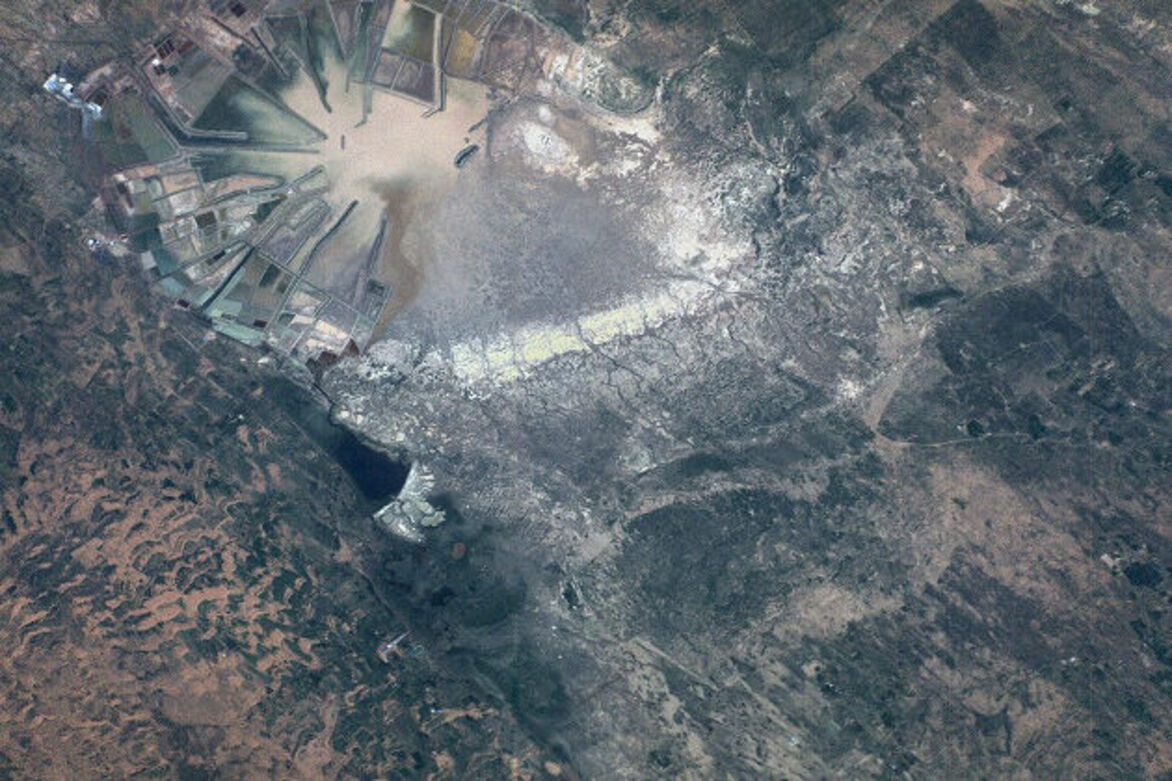China’s rare earth curbs threaten EV and tech production worldwide
Mohan Sinha
09 Jun 2025

BERLIN/FRANKFURT: Some car parts factories in Europe have stopped production, and companies like Mercedes-Benz are making backup plans as worries grow over China's new restrictions on rare earth mineral exports. These minerals are very important for making electric vehicles, electronics, military equipment, and green energy products like wind turbines.
In April, China announced it would stop exporting many rare earths and the magnets made from them. China is the world's top supplier of these minerals, producing around 90 percent of the global supply. This sudden change is now causing big problems for companies in Europe, the U.S., and other parts of the world that depend on Chinese minerals.
China's move is seen as a way to put pressure on the U.S. during ongoing trade tensions. These minerals give China strong control over global manufacturing. Sherry House, the chief finance officer at Ford, said these new rules make the supply process more complicated. She said Ford is managing the situation, but it remains a big issue.
The European Union is trying to fix the problem. EU officials have asked China for clear information, and they are now looking to other countries to get these critical materials. The EU has identified 13 new mining and supply projects outside of Europe to help reduce its reliance on China.
Meanwhile, many car parts suppliers have already run out of rare earths. CLEPA, Europe's auto parts association, said only 25 percent of the export licenses requested by suppliers have been approved since April. Some factories have already shut down because of this shortage.
Mercedes-Benz says it hasn't been directly affected yet but is taking precautions. Its production chief, Joerg Burzer, said the company is talking to suppliers about building stockpiles to avoid future problems. BMW reported some issues in its supply chain but said its factories are still working normally.
Other automakers and suppliers are also preparing. ZF Friedrichshafen, a prominent German parts supplier, has received enough permits so far but warned that this situation could turn into another crisis like the chip shortage during the COVID-19 pandemic. That shortage led to millions of cars not being built.
Some companies, such as Swedish firm Autoliv, say they are not affected at the moment. However, they are setting up special teams to monitor the situation. CEO Mikael Bratt said they want to stay prepared.
It is very difficult to replace China as a source of rare earths. Companies like General Motors, BMW, and others are developing new motors that use fewer rare earths. BMW has made a magnet-free motor for its latest electric cars, but small motors still need these minerals.
Andreas Kroll, head of Noble Elements, a company that imports rare earths, said, "There's no other solution for the next three years. We need to come to an agreement with China." He explained that China controls nearly 99.8 percent of global heavy rare earth production.
Former U.S. President Donald Trump has criticized China for not sticking to agreements and continues to push for a better trade deal. He had earlier raised tariffs on Chinese goods, which led to a back-and-forth with China imposing its own rules in response. Trump and Chinese President Xi Jinping are expected to talk soon, and rare earth exports will be a key issue in their discussions.
In a social media post this week, Trump said that Xi is "VERY TOUGH, AND EXTREMELY HARD TO MAKE A DEAL WITH," highlighting the fragility of the deal.
